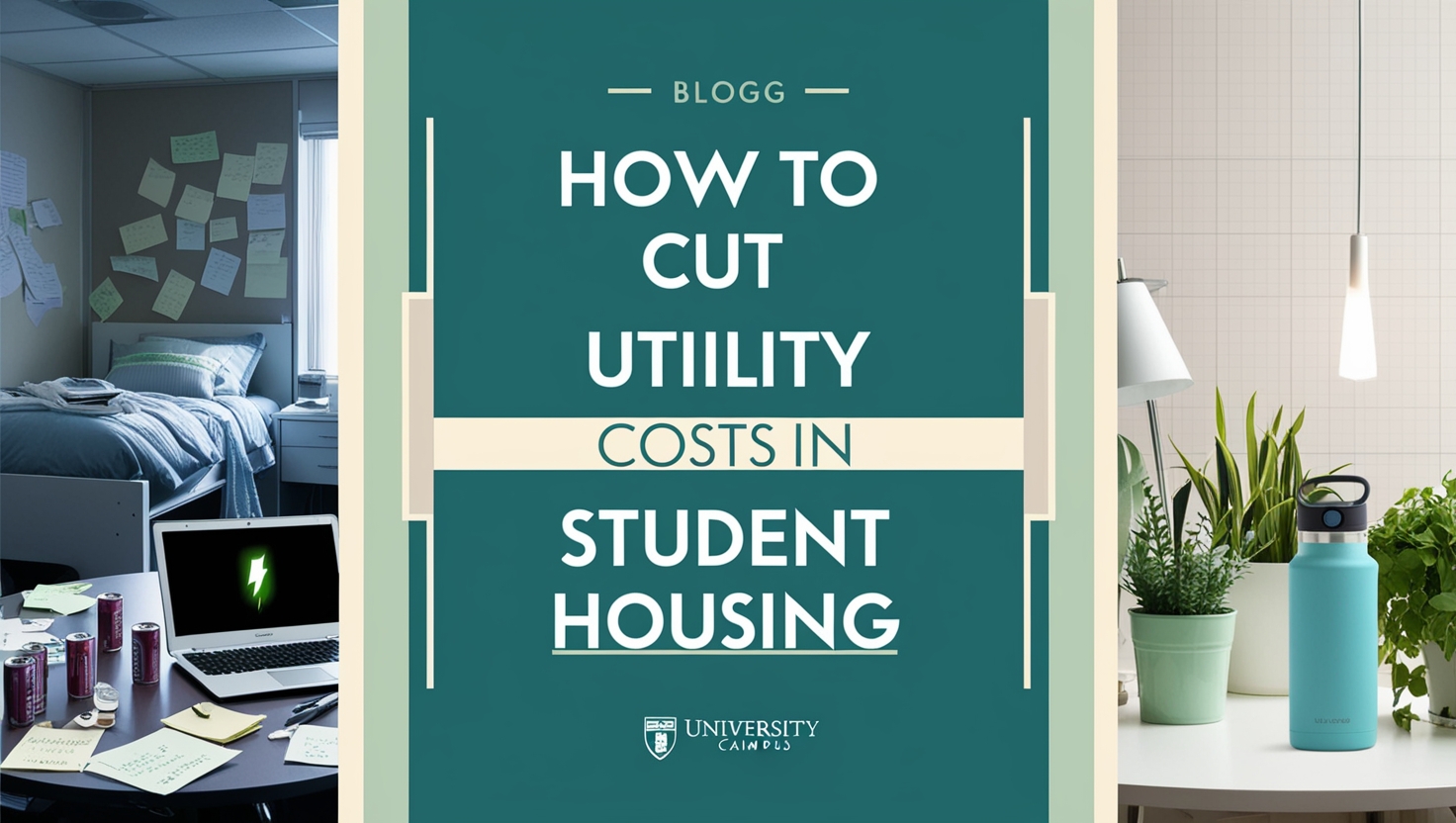Moving into student accommodation is an exciting milestone, but managing bills can quickly become a challenge, especially for international students studying in the UK. Utility costs—including electricity, gas, water, and internet—can add up, affecting your overall budget. Whether you’re living in student accommodation in Exeter or anywhere in the student accommodation UK network, understanding how to reduce these expenses can save you a significant amount of money over time.
This guide provides practical and effective ways to cut down on utility costs while ensuring a comfortable and sustainable living environment.
Understand Your Utility Bills and Responsibilities
Before making any changes, it’s important to understand your current utility costs and responsibilities.
What’s Included in Your Rent?
- Many student accommodation in Exeter properties include utilities in the rent, meaning you pay a fixed amount each month without worrying about additional costs.
- However, private student housing or shared apartments may require you to manage your own bills.
Check Your Tenancy Agreement
Always confirm which utilities are included in your rent. If bills aren’t included, find out:
- How much you need to budget per month.
- Whether you’ll need to split costs with housemates.
- If providers have already been set up or if you need to find your own.
Energy-Efficient Habits to Reduce Electricity and Gas Bills
Electricity and gas bills are usually the biggest utility expenses in student housing. Implementing small habits can significantly lower your costs:
Heating and Hot Water
- Lower your thermostat: Reducing the temperature by just 1°C can cut energy costs by up to 10%.
- Use heating wisely: Instead of heating the entire house, focus on warming the rooms you use most.
- Close doors and windows: Prevent heat from escaping by keeping doors shut and using draft stoppers.
Efficient Use of Appliances
- Unplug devices when not in use: Many electronics, such as laptops, TVs, and chargers, continue using energy even when turned off.
- Use energy-saving settings: Most appliances, including washing machines and microwaves, have eco-friendly modes that consume less energy.
- Only run full loads: Whether you’re using a washing machine or dishwasher, make sure it’s full before turning it on to maximize efficiency.
Lighting
- Switch to LED bulbs: LED bulbs consume 75% less energy than regular bulbs and last much longer.
- Make use of natural light: During the day, open curtains and blinds instead of switching on lights.
- Turn off lights: Get into the habit of switching off lights when you leave a room.

